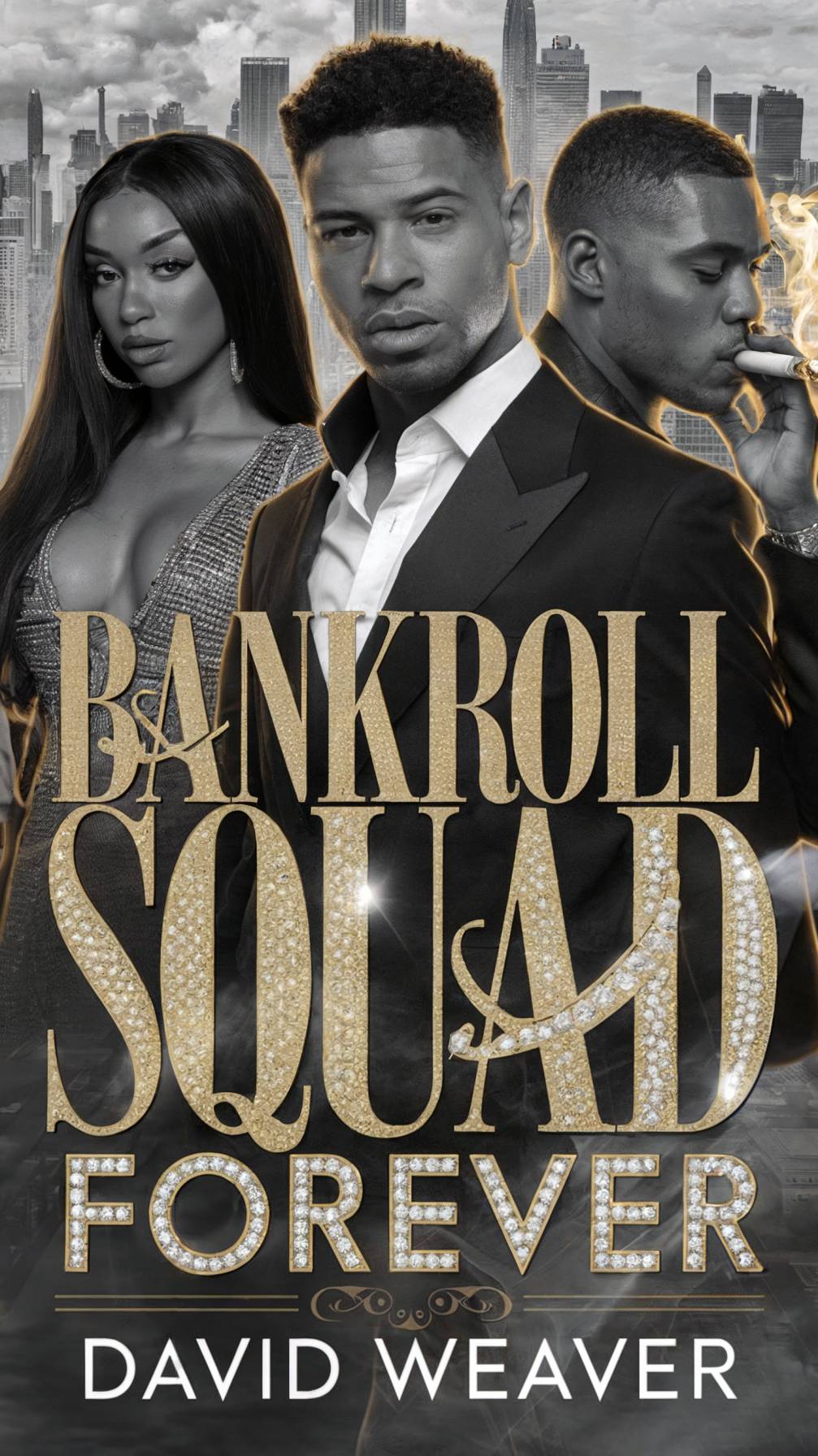Some books arrive fully formed. Others must be earned through what their creators endure. David Weaver’s Bankroll Squad Forever belongs firmly to the latter category—a sprawling, multi-volume crime saga that consumed a decade of its author’s life, demanding not just creative commitment but profound personal evolution.
The Architecture of an Epic
Weaver’s undertaking is staggering in its scope: nine interconnected works spanning multiple series and spin-offs, all building toward the final installment. The narrative architecture unfolds with almost cinematic precision—Bankroll Squad 1 through 3, the spin-off Me and My Bitch, the family saga The Power Family, the femme-focused Lipstick Clique duology, and the bifurcated conclusion Bankroll Squad 4.1 and 4.2. This isn't merely a series; it's a narrative universe, meticulously constructed over ten years of writing, rethinking, and living.
The Creative Crucible
What separates Weaver's project from conventional genre fiction is his philosophical approach to storytelling. 'I'm a student of and fan of literary and creative geniuses,' he explains. 'I don't like basic movies, and don't care for movies with pointless action scenes. I seek layers, levels of characters that are deep enough to teach me something about life.'
This aspiration transforms what might have been straightforward crime fiction into something more ambitious—a work that seeks to 'step off of the fucking page and tap me on the shoulder like 'read this now!'' as Weaver vividly describes his own standard for compelling narrative.
Growth is violent because you can't stop it unless you kill it
The Personal Parallel
The most fascinating aspect of Weaver's decade-long journey is how the author's growth mirrored that of his characters. 'The biggest obstacle,' he reflects, 'was perhaps me growing as a person while still tracking the growth in Malcolm and Kyla at the same time.'
This simultaneity of creator and creation evolving together gives the work its unusual depth. Weaver didn't simply write characters—he lived alongside them, allowing their fictional development to inform his own understanding of responsibility, persistence, and what it means to create something lasting.
The Violence of Growth
Weaver's metaphor for the creative process is strikingly biological: 'Sometimes in life we'll think we've learned a lesson, and then be presented the lesson again but many ways deeper. This depth is what a seed endures as roots push through a seed. That's not peaceful, that's violent. Growth is violent because you can't stop it unless you kill it.'
This isn't the romanticized vision of inspiration that often dominates writing mythology. Instead, it acknowledges the struggle, the resistance, the necessary breaking that precedes meaningful creation—whether of art or self.
The Reader's Transformation
Weaver's ambitions for his readers are as substantial as his investment in the work. 'When a person reads the first Bankroll Squad and arrives on the last page of Bankroll Squad Forever,' he says, 'I want them to feel like they just took a trip down a breathtaking, award winning, and inspirational work of genius literary crime fiction.'
Yet his measure of success remains refreshingly direct: 'At the end of the day, I just need to hear 5 stars. That would make me happy.' This combination of grand ambition and grounded satisfaction characterizes the entire project—epic in scope, human in its rewards.
The Legacy in Progress
Though the final volumes are still in process, Weaver's decade of work already represents a remarkable achievement in sustained creative effort. In an era of rapid content production and disposable entertainment, Bankroll Squad Forever stands as a testament to what happens when an artist refuses to rush, instead allowing a story—and himself—the time necessary to become what they must.
The work emerges not just as crime fiction, but as documentary evidence of a creative mind wrestling with its own potential over a significant portion of a lifetime. The violence of growth, it seems, produces art worth the struggle.
